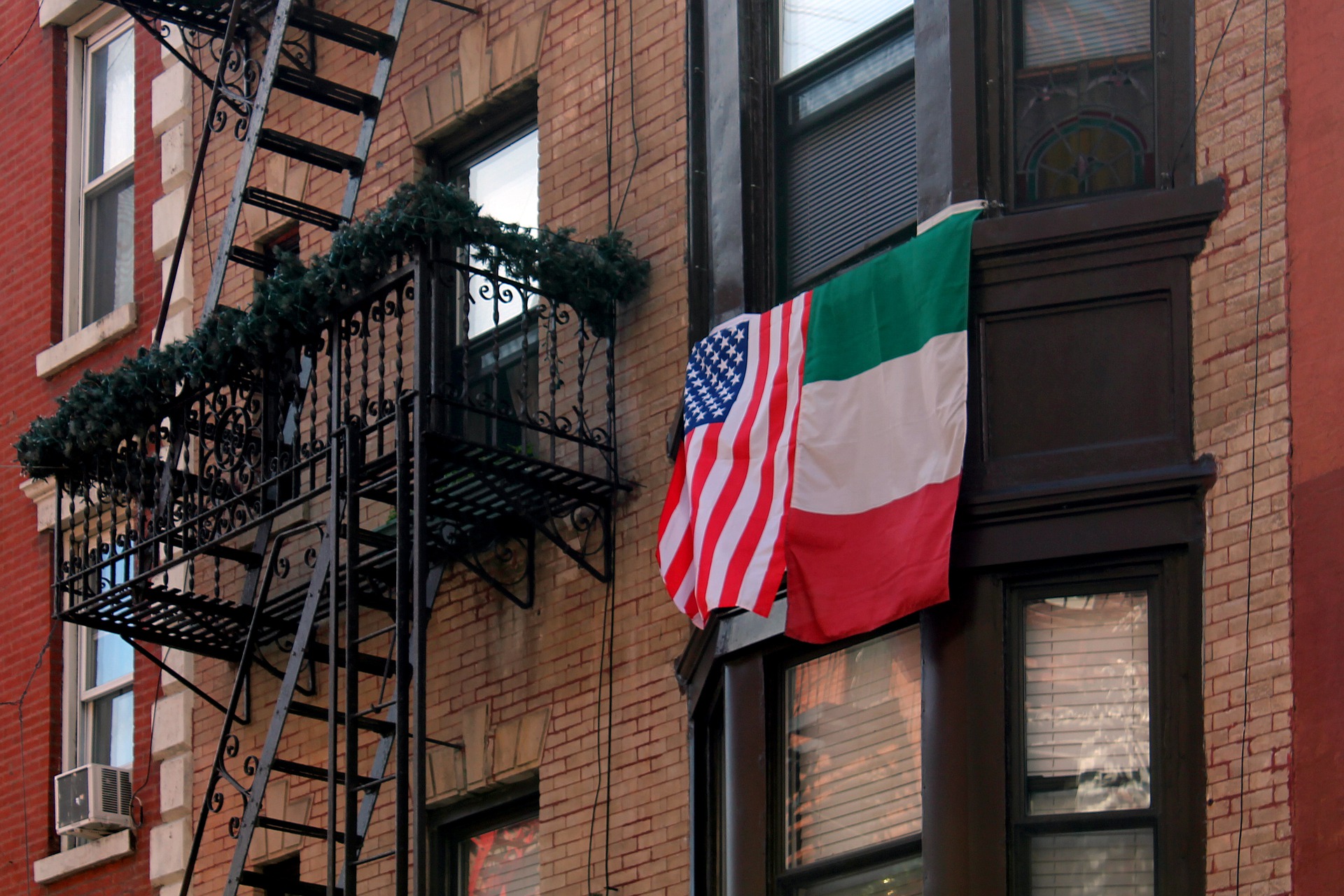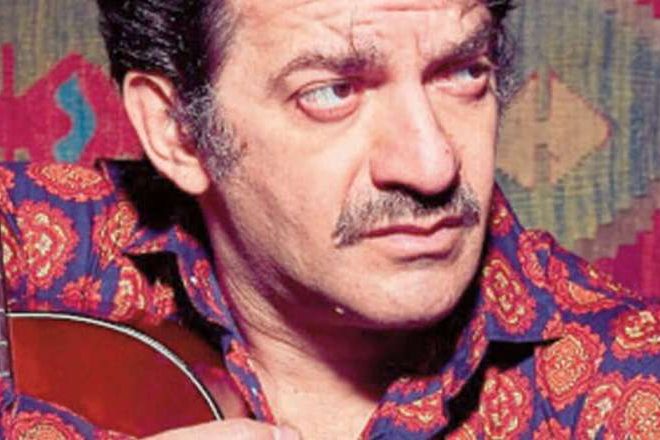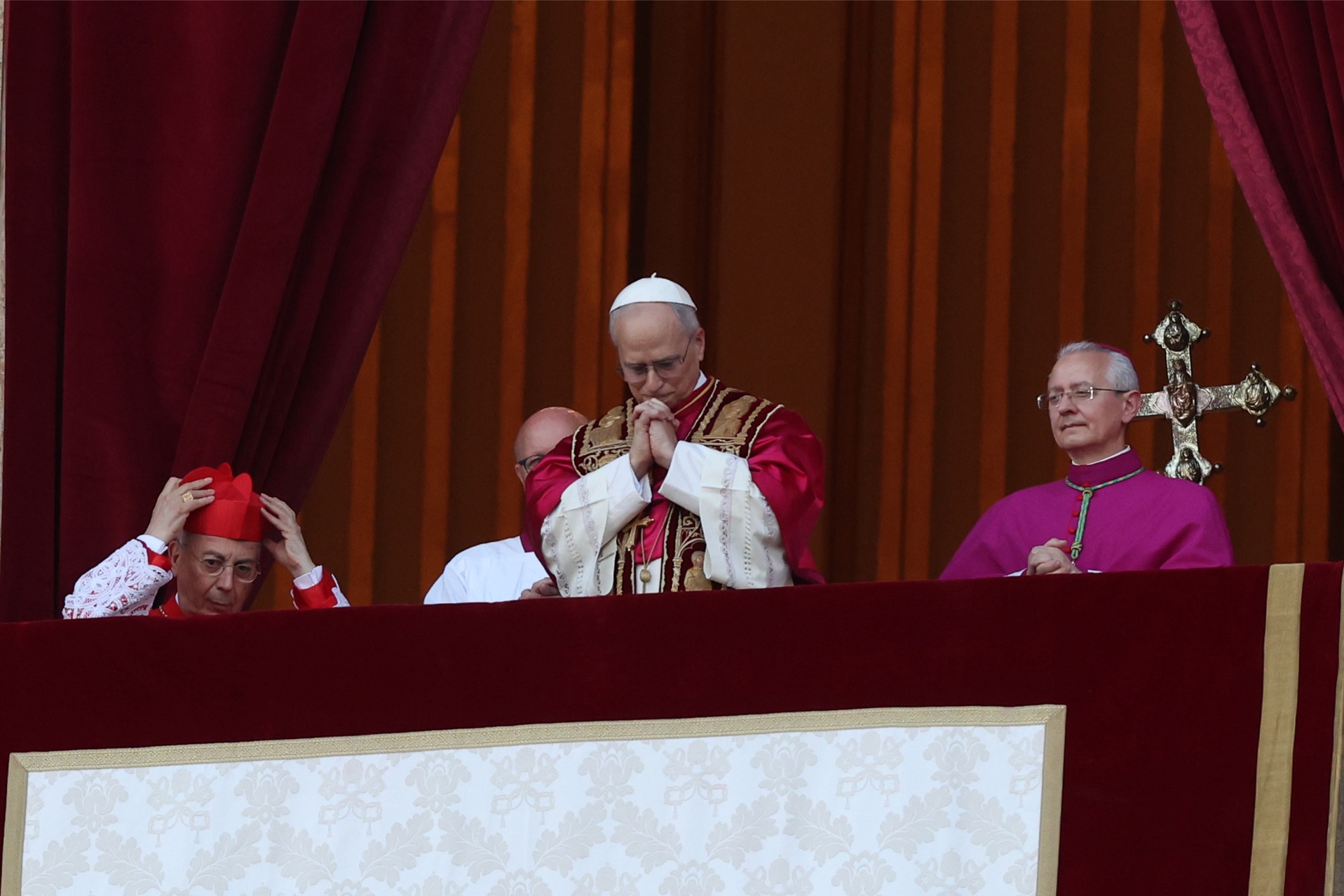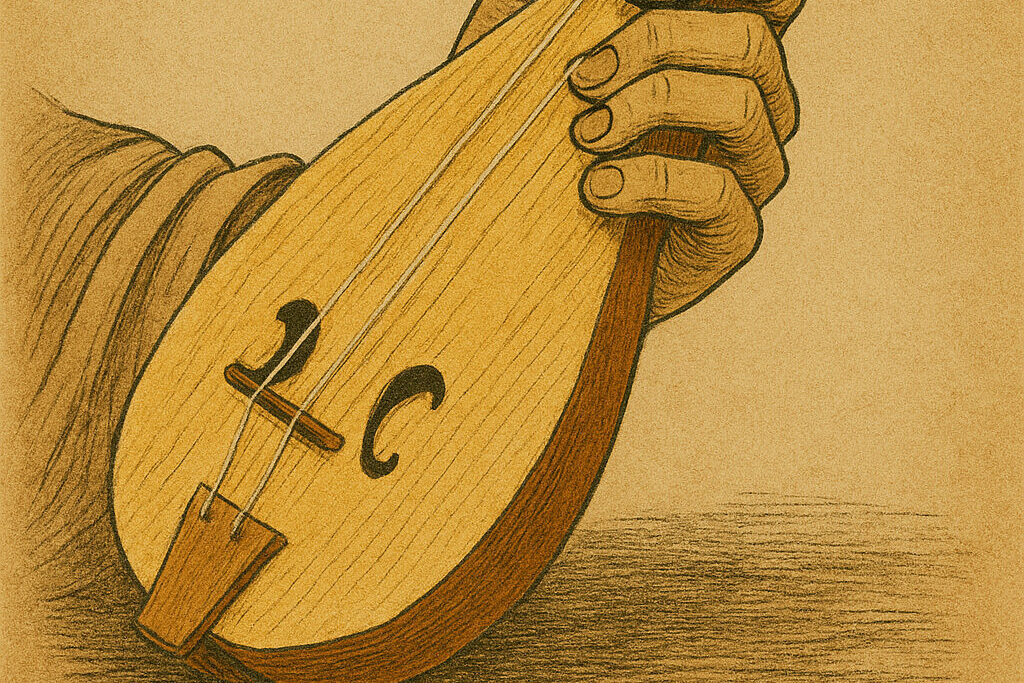The 2015 Special Olympics World Games, hosted in Los Angeles from July 25 to August 2, is the largest sports and humanitarian event worldwide this year and the single biggest event in Los Angeles since the 1984 Olympic Games, with 6,500 athletes and 2,000 coaches, along with 30,000 volunteers and an estimated 500,000 spectators in attendance.
Every two years, “special” athletes from all over the globe come together to compete at the Games, and to show us the true meaning of courage, joy, and perseverance.
Italy has taken part in the prestigious event with a delegation, made of 143 people: 101 athletes, 39 coaches, and 3 delegates. I had the chance to chat briefly with the Head of the Italian Delegation, Alessandra Palazzotti, who made a 100% commitment to the cause, as much as our athletes and everyone involved in the organization did.
Can you tell us more about the Italian athletes’ training for this prestigious world event?
The Italian athletes constantly train within their own clubs. Then the actual delegation, which is going to take part in the World Games, is selected and resumes to train. Whenever we put together enough funds, we organize gatherings before the departure, in order for the teams to get along well.
How does the system of the “host towns” work? And how did the Italian Delegation spend the three days in West Los Angeles before the Games’ opening?
In those three days, every town in the Los Angeles area, but also plenty of communities across Southern California, decided to host a foreign delegation, to let it get over the jet lag and settle down, so that it could approach the competition better. We were hosted in West Los Angeles, which is a wonderful area. The organizers were awesome: they made our athletes feel at home. We all rested and “recharged”, and so we were able to take on the days of competition in top shape.
As far as the recreational aspect of the Games is concerned, the Italian Delegation also attended to the Europe/Eurasia Day Festival at the UCLA campus. How did you like the experience?
Both at the USC and UCLA campuses special recreational areas were set up. Every day, a different area of the globe was celebrated, but that’s only part of the feast. In those dedicated spaces, athletes could play games, draw, relax, and get to know the other delegations. In other words, they were lively and colorful locations that our athletes enjoyed very much.
What was your favorite moment of the Italian Delegation’s participation in the Special Olympics?
Every moment was great, because we had the chance to share the athletes’ joy, as well as their fears before the competition. It’s worth to experience the happiness of a victory, as well as the disappointment of a defeat, which nonetheless represents a moment of intense growth. As a result, partaking in the athletes’ feelings throughout the day was my favorite experience. I believe that’s what our coaches enjoyed the most as well. They have a big responsibility, since they are the only ones accompanying our athletes. In fact, the latter don’t travel with their families, but only with their National Team’s coaches. The trainers do have a major responsibility, but also a great sense of joy and satisfaction, as they see their trainees reaching great results, both in terms of autonomy and sport performance.
Is there any form of camaraderie between athletes across the different disciplines, or every sportsman/sportswoman exclusively forms a bond with his/her teammate?
From the very moment the athletes wear the National Team’s attire for the first time, they start to develop a very strong team spirit, which grows stronger during the Games. The ties within the same sport discipline are stronger simply because the teammates spend more time together. But in lots of cases, they go beyond their own discipline, because friendships are born across different sports and last well after the Games end. Creating deep and long-lasting friendships for our athletes’ future is what chiefly matters to the Special Olympics.
What is the biggest lesson that the Italian Delegation – and you – learned from this event?
The biggest lesson is the dedication that our athletes constantly put into what they are doing and throughout the competition. They are granted with plenty of trust, since they are on their own, living a great adventure with their peers. In return, they are fully committed not to disappoint anybody. Aside from any medal won or lost, the athletes’ commitment is 100%. I think this is a lesson for us all, and especially for young people – not only the ones with disabilities – who can get closer to the Special Olympics’ athletes. Dedication is something essential in life, regardless of one’s own skills and abilities. Being able to commit to the top of one’s own possibilities is crucial.




























